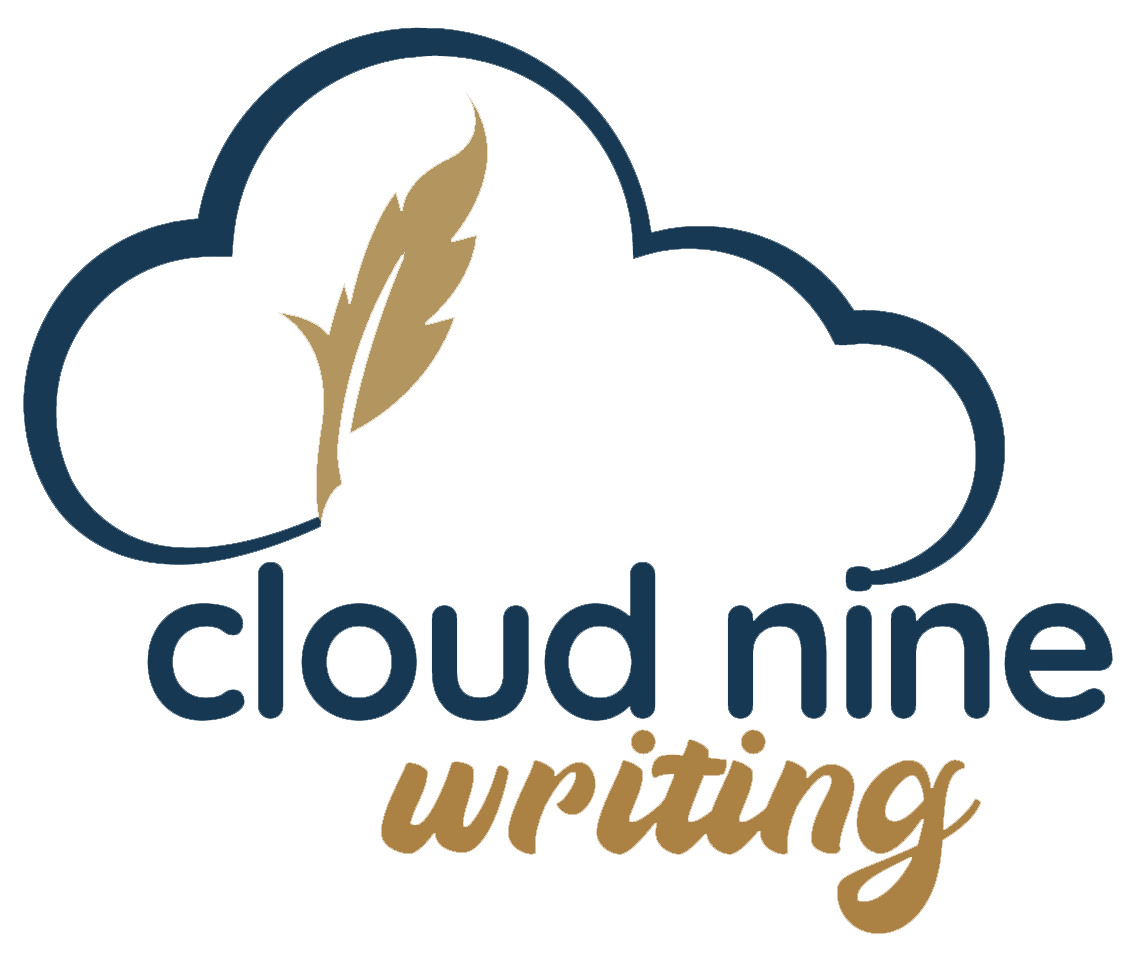Every business is different, which means that every business will have a different audience they’re speaking to.
How many of you reading this could speak at length about your business, and maybe even write about it well, but never seem to resonate or connect with as many people as you’d like? If so, you’re not alone. The reason? You haven’t figured out who your ideal audience is.
In this week’s newsletter, I want to explore not only how you find your ideal client, but then how to effectively talk to them too.
Step 1: Finding Your Ideal Client
Imagine your ideal customer clicks onto your website, or you meet them at a networking event. How do you imagine them? Who are they? What are they wearing? If you’re not sure what to do, here are a few tips to help identify your ideal client.
– Study the demographic data and build up a ‘profile’ of what your client looks like. This could include things like age, location and income as well as if they’re dog walkers, cat people, CEOs or PAs, foodies or minimalists – the list is endless. Understanding who they are and what they like will help you paint a clearer picture.
– Do some online research into conversations around your industry. What are people talking about? What are they struggling with? What is landing well with audiences? All of this will help you to form how you speak about yourself and business in general when you’re posting online.
– Don’t be scared to ask questions. Speak to existing customers, or potential ones, about their needs and preferences. Don’t be afraid to ask the more silly questions, it could get people to open up and give you some valuable insight.
Step 2: Speaking Their Language
Now you know who your ideal client is, it’s time to ditch the generic marketing spiel and get specific with what you’re sharing with people.
Try:
– Targeted headlines. Stop saying things that cater to everybody and focus on the people you’d like to help. Instead of generic statements like, ‘Five amazing reasons why you need to try our product/service,’ really drill down into a subject. So for the parent struggling with their little one’s sleep, you could try, ‘Five Parenting Tips to Get a Good Night’s Sleep.’
– Fall in love with the problem. A line I’ve been told multiple times but it’s so true. People buy solutions to their problems, so highlight what you can do to alleviate that. For example, ‘Too much writing, not enough time? Better Call a Copywriter.’
– Show off some benefits. Don’t just list a load of features, actually tell people what the benefits are. ‘This dog carrier isn’t just a bag, it’s a statement piece, and it saves your back.’ It may have zips and pockets galore, but how is it helping the end user?
– Speak the right language. Work out if your audience is a formal or casual speaker, one who will resonate with technical jargon or not. Get the tone and vocabulary right and you’re much more likely to connect with the right people.
Step 3: The added extras
– Storytelling is key. People connect with stories so if you can weave a narrative into your comms then people are more likely to relate to it. For example, ‘We’ve all been there struggling with writer’s block, not knowing what to say, willing the words onto the page before finally giving up and putting that writing task on the bottom of the pile. That’s why we take that stress away with…’
– Sprinkle in some (appropriate) humour. A touch of wit can make your copy more engaging and memorable but try to avoid jokes that will offend or alienate your audience.
– Call to action. Always tell your audience what you want them to do next. ‘Want to know how you can save yourself time and get more eyes on your website? Get in touch with us today.’ Simple.
Remember, understanding who your audience is and crafting targeted copy is like a perfect magic trick. It looks effortless, and no one sees the hard work (or strings etc.) that goes on in the background.
And, if after reading this you’re still struggling, then give me a call. (Come on, you knew that was coming.)
